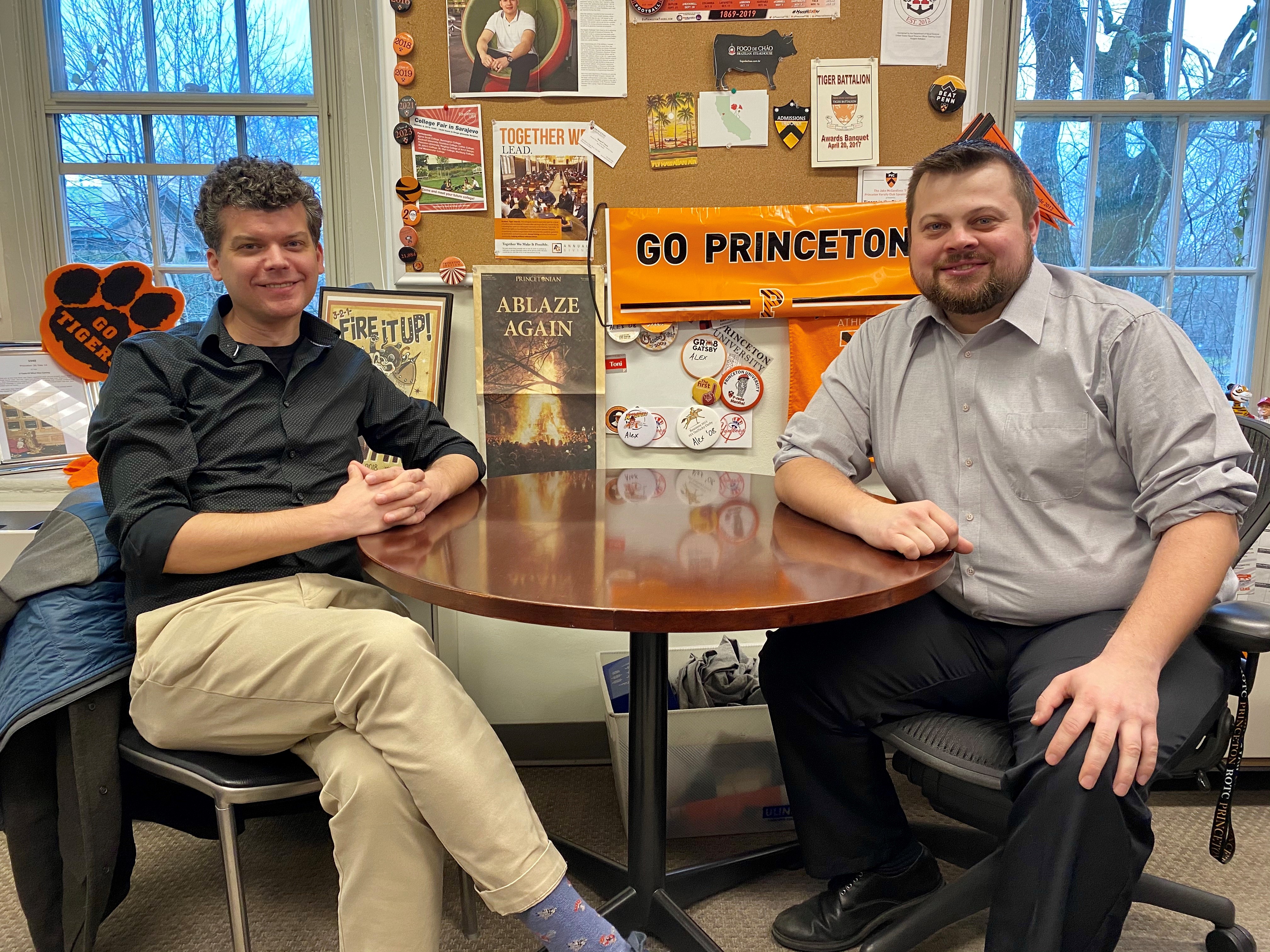Let’s start with the obvious—it has been an unusual year. No one has been spared the upheaval caused by COVID-19. And the racial unrest that continues to engulf the United States has made divisions among its people more evident than they have been in a long time. And yet, in these turbulent times, students and families and counselors must still think about the process of applying to college. It’s stressful, to say the least.
While it’s not helpful for me to tell you to not be stressed, I hope that I can help you to focus on the things that are in your control. First and foremost, please remember that we know the spring, summer and fall will be unlike any we have known. Schools across the country and around the world had to adapt to a new way of doing things, and that will likely last throughout the fall term (at least). As a result, we are not expecting your classes, grades and activities to look like they might have in a “normal” year. Each of the application platforms we use will give you an opportunity (if you want it) to give us some context about this past spring and summer. You shouldn’t feel like you have to only write about the impacts of the pandemic in your application. But, the opportunity to do so is there should you decide to use it. Your counselors and teachers will also give us an idea of how your academic program might have changed as a result of COVID-19.
We have made several important changes to our process this year in recognition of the challenging times we’re living in.
- In an effort to de-densify the campus, we will not be hosting in-person information sessions or tours at least through the end of the calendar year. While we recognize that coming to campus can help potential applicants evaluate their options, public health and welfare dictates that we cannot offer activities on campus at this time. We encourage you to take advantage of one of our officer-led information sessions available on our Virtual Visit page.
- We have paused our Early Action application process for this year and will have just one deadline of January 1. We believe that this will give students and secondary school staff more opportunities to complete the necessary application materials.
- We have also paused our standardized testing requirement for the 2020-21 application cycle. Students who sit for the SAT or the ACT and wish to submit their score will have the option to do so. However, applications without test scores will be considered complete. Students who do not submit test scores will not be at a disadvantage. As with previous years, we do not require subject tests.
As we do every year, my team and I will review each student’s entire application and take into account all of the information it contains. We’re not just concerned with your academic achievements (though our job is to ensure that all admitted students can feel academically successful here). We are also charged with bringing in students who will form a dynamic community, rooted in respectful dialogue, that will help each student further their knowledge.
In this year, where everything feels like it’s on shaky ground, we are especially committed to following through on our thorough, holistic review. To that end, you will see that the questions on our supplement ask you to focus on two main themes: 1) your areas of academic interest and 2) your thoughts about community. Our team did a significant amount of thinking about what we hope to learn about you through your application and developed these questions as a result.
We recognize that this is (and will continue to be) a strange year for high schools, universities, students, and, yes, admission officers. Know that we are all in this together as we move forward in these new circumstances. I encourage you to take care of yourself as best you can, to be genuine in your application so that we can get to know YOU, and to be in touch with questions and concerns.
All best wishes as you dive into this fall.







